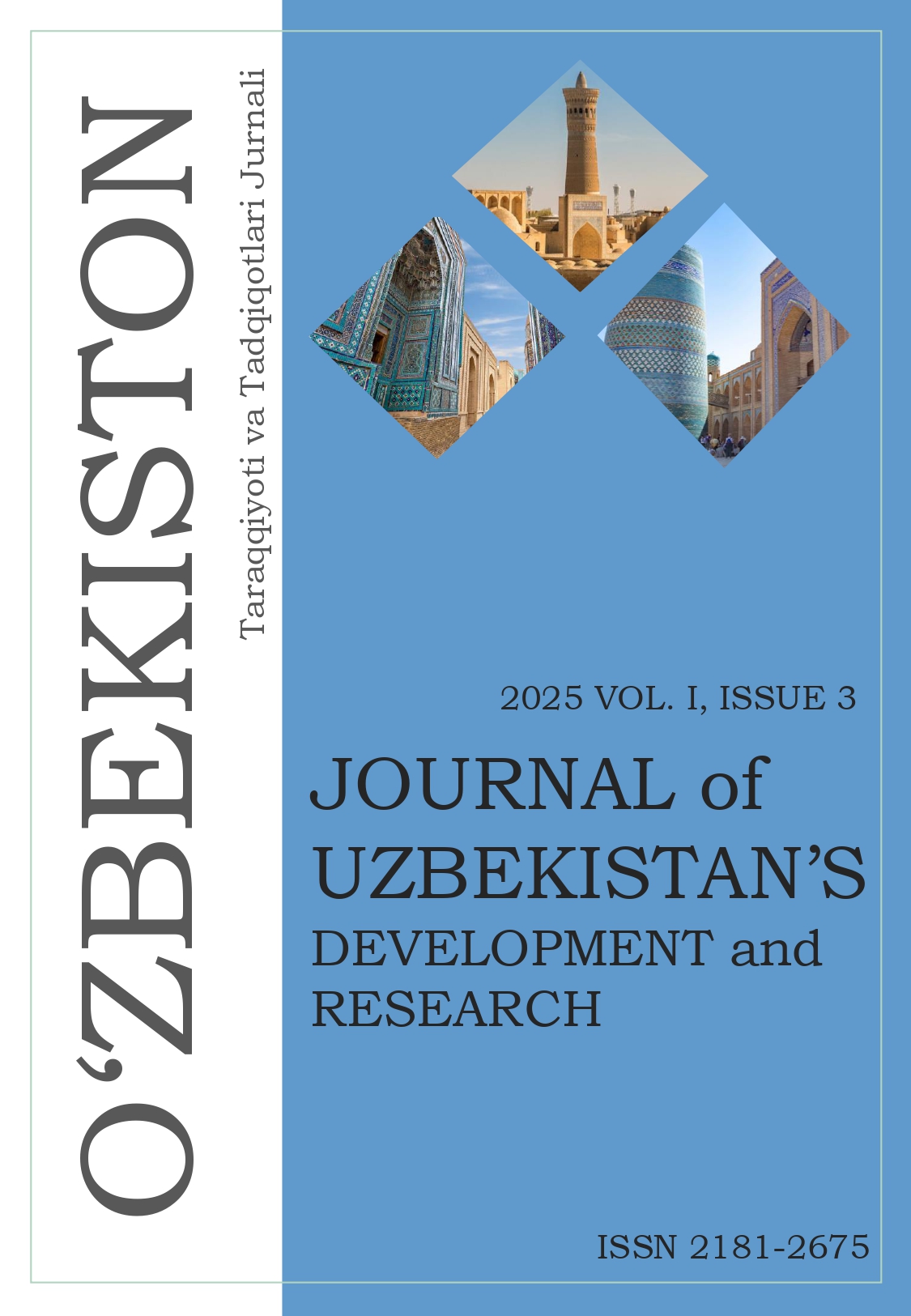EFFECTIVE METHODS AND STRATEGIES FOR DEVELOPING LANGUAGE SKILL
Keywords:
method, language, learning, teaching, skill, contextual, professional, communicative.Abstract
This article explores effective methods and strategies for
developing language skills, focusing on the four key areas: listening,
speaking, reading, and writing. It highlights the importance of
communicative approaches, learner-centered activities, and the
integration of modern technology in language learning. The study
also emphasizes the role of motivation, consistent practice, and
authentic materials in enhancing language proficiency.
Furthermore, it presents classroom-based and self-study
techniques that can be adapted to suit various learning styles. The
findings suggest that a combination of interactive, contextual, and
personalized strategies leads to more effective language
acquisition and long-term retention.
References
1.Asher,J.J. (1977).Learning Another Language Through Action:The complete Teacher's
Guidebook.
2.Arguella,A.(2008).The Shadowing Technique.Language Learning Journal,36(1),79-92.
3.Hymes,D.(1972).On. Communicative Competence.
Richards,J.C,& Rodgers,T.S(2001).
Approaches and Methods in Language Teaching. Cambridge University Press.
4.Prabhu,N.S.(1987).Second Language Pedagogy. Oxford University Press.
5.Day,R.R,& Bamford,J.(1998). Extinsive Reading in the Second Language Classroom.
Cambridge University Rress.
6.Marsh,D(1994).Billingual Education &Content and Language Integrated Learning.
International Assosiciation for Cross-cultural Communication.
7.Flower,L,&Hayes,J.R(1981).A Cognitive Process Theory of Writing. Collage Composition and
Communication,32,(4), 365-387.
8.Johns,A.M.(1997).Text, Role, and Context: Developing Academic Literacies. Cambridge
University Press.
Published
Issue
Section
License
Copyright (c) 2025 Saidova Dilnoza, Nunnanova Gulshaydo (Author)

This work is licensed under a Creative Commons Attribution-NonCommercial-NoDerivatives 4.0 International License.
All Rights Reserved.





